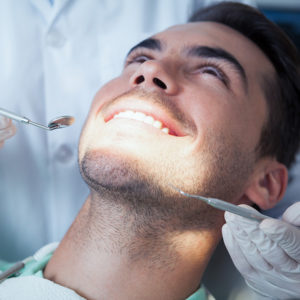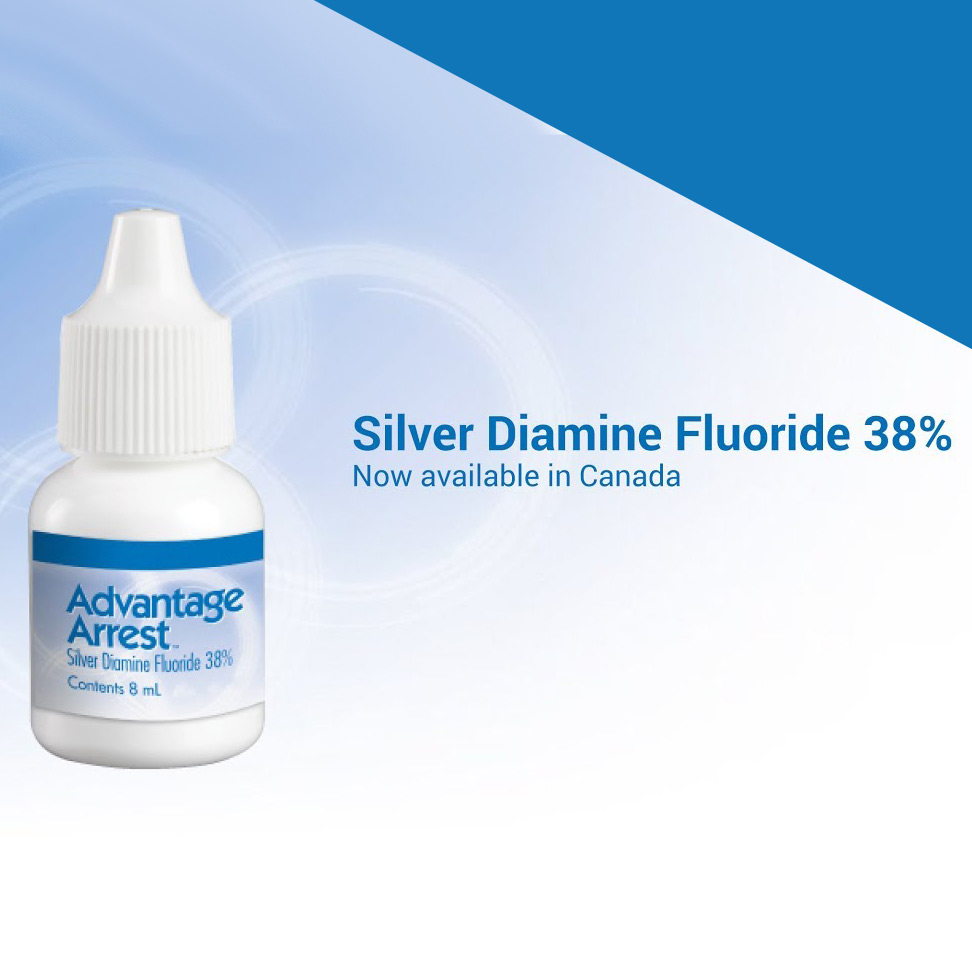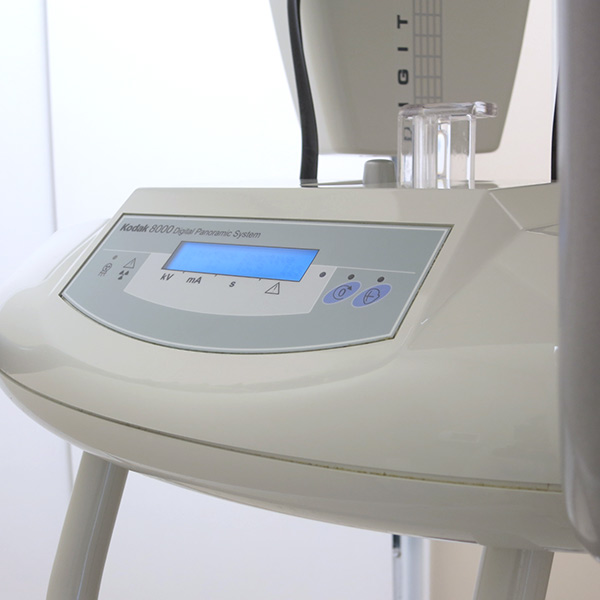
Dentists check teeth for tooth decay (cavities) and signs of excessive wear. Dentists will check the gums for gum disease; the tongue, cheek, and throat for oral disease such as cold sores and oral cancer; and the jaw for temporomandibular joint disorders (TMJ).
A dental exam may include X-rays to check for cavities between the teeth and problems below the gumline or in the jaw where they cannot be detected by visual inspection.
Often, a dentist will do an examination every six months at your regular cleaning. X-rays are usually recommended every one to two years. A comprehensive exam including full gum measurement is recommended every three years.
Most insurance policies cover dental exams once or twice a year. However, coverage will vary between policies. We can help to confirm your policy coverage when you come in for an appointment.
Special Offers/Coupons

Free Teeth Whitening!
Book a comprehensive dental exam with x-rays and a cleaning and receive professional teeth whitening (a $200 value)!
Our teeth whitening system uses an impression of your actual teeth to ensure even whitening and is only available from a dental professional. Book your appointment today!
Offer valid until M 28, Y. Offer valid for current ODA fee guide patients only. Cannot be combined with any other discount. Also available for new patient exams - refer a friend - they get free whitening and you get free movie tickets!





Hello Dr.
My dentist removed calculus from my teeth 2 weeks ago and after that I felt like my teeth are a little bit loose. Do I need gum and dental bone graft?
Linda
Hi Linda, unfortunately, without an in-person exam and x-rays I can’t diagnose your gum condition. It’s possible that you had some form of gum disease involving bone loss prior to the calculus removal. A gum re-assessment/measurement can be made 4-6 weeks after the calculus removal to see how your gum responds to the treatment and then a decision may be made by your dentist to see gum surgery could be beneficial. Some gum surgeries that help treat gum disease involve bone grafting and/or gum grafting, some involve removing excess and inflammatory gum tissues to reduce pockets, some may involve opening a gum flap to expose and help remove any remaining calculus deep under the gum line. No surgery but regular cleaning every 3 months may also be an option. Please discuss your concerns with your dentist so they can assess the best treatment for you.
The last couple years I noticed I get a lot of saliva in my mouth. Not where I’m drooling but where I have to keep swallowing. And I sing a lot and I notice I can’t get through a verse without a lot of saliva and I feel I need to swallow and if I don’t it’s too much in my mouth. I hate it because it really interferes with my singing. I can’t even imagine anyone else with this problem. I go for a cleaning/checkup every 6 months and I just went last week and everything is good. In 2013 I did have to get a back upper molar removed, could it be that? Please help me!
Hi Marlaina, excess saliva, sometimes called hypersalivation, is not uncommon. Some potential causes of hypersalivation are pregnancy, oral infection, acid reflux tonsillitis and medication such as tranquilizers, anticonvulsants, anticholinesterases, or lithium. Drooling, where saliva flows outside the mouth, tends to have a high association with neuromuscular diseases such as Parkinson’s and stroke. It’s good to hear that you have regular check ups with your dentist; a discussion with your family doctor to rule out the remaining conditions would be prudent. There is no known link between loss of a tooth and hypersalivation.
One non-invasive technique you could try is to avoid acidic or alcoholic food and drinks and mouth rinses as they will stimulate saliva production.
You can learn more in this study published in the British Journal of Medical Practitioners:
https://www.bjmp.org/content/management-drooling-saliva
I had a bicycle accident last week that faced face wounds. My top front tooth has been sensitive to cold only since then. Is this a bruised tooth, or do I need to plan financially for something greater?
Hi Holly, sorry to hear about your accident. Unfortunately, without a proper in-person exam and x-rays, I cannot know the status of your front teeth. Please visit a dentist as soon as possible to rule out any potential nerve damage, a root fracture or a crown fracture.
Hey Im just wondering if it’s unusual for a 15yrs old to still have all baby teeth molars? My front teeths have been replaced by permanent one’s but it’s super crooked also, I would like to add that there’s a tooth (wisdom teeth?) Growing next my second molars but I’m not sure if it’s a cause of concern either and I’m planning to have braces but unsure if I can still get braces even tho I still have my all my baby molars : (
HI Kaitlyn,
Although It is possible for a 15-year-old to have some baby molars, those baby molars are usually replaced by permanent premolars at about 10-12 years of age.
If it has been a while since your last dental checkup, a visit to your dentist and a panoramic x-ray could check if there are any permanent premolars under those baby molars and if so, how much longer it will take for them to erupt.